HempTalk - Business Blogs and Press Releases
What is Pure CBD Oil?
Pure CBD oil comes in three distinct forms: CBD isolates, the purest form of cannabidiol, and full-spectrum CBD, which includes other cannabinoids and terpenes from the cannabis plant. Broad-spectrum CBD is the third type that does not contain any THC.
CBD is used to treat a wide range of ailments, such as anxiety and pain. While more studies may prove the anecdotally reported benefits, specific evidence suggests that CBD can help with several illnesses.
What is Pure CBD Oil?
Pure CBD oil is made of the CBD molecule and does not contain any THC, just like broad-spectrum CBD oil. A pure form of CBD is known as CBD isolate. It does not include any additional cannabis plant components. Hemp plants are typically low in THC and high in CBD, making them a good source for CBD isolates. CBD crystals are a crystalline form of CBD that may be crushed and sold as a powder. It might also be known as an isolate powder.
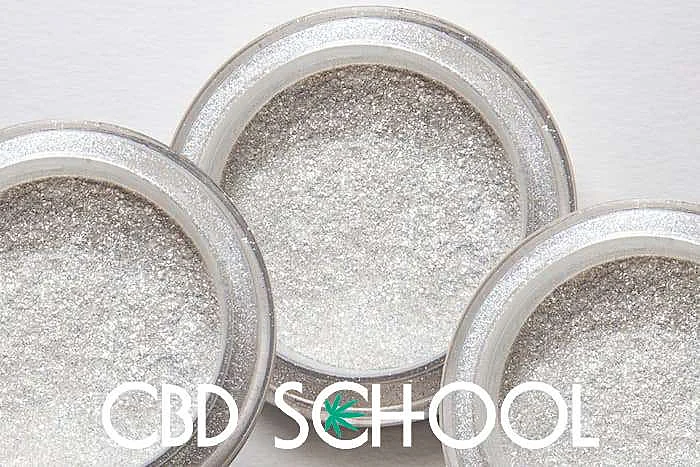
CBD oil from cannabis is usually extracted via an oil extraction, as the name implies. Manufacturers tend to use use only buds or the whole hemp during oil extraction. It’s then warmed to remove as much CBD as feasible from the plant material. An isolate can be combined with a carrier oil like MCT oil, grapeseed oil, or olive oil to make CBD oils. MCT oil is the most popular carrier used for making CBD oils from an isolate.
Pure CBD oil is extracted from the cannabis plant without additional chemicals or cannabinoids. During the heating phase of the extraction procedure, other marijuana components are eliminated, leaving only CBD in pure CBD oil. Patients often utilize pure CBD oil to ease pain and anxiety since it is easier to take and better flavor.
CBD Oil
Many of you already know that CBD (Cannabidiol) is drawn from marijuana plants. However, due to a slew of health advantages connected with its use, this cannabis ingredient has recently come into the limelight.
Like many other cannabis extracts, CBD comes in various forms and shapes. However, because it’s the most straightforward way to take it, patients and regular users frequently buy it in oil form.
Where can you get CBD oils? You’ve probably noticed that CBD products are all over these days. However, CBD oil products may be purchased online or at certain health food/health-related stores or spas.
Look for a product with a third party certificate of analysis, or COA, to separate the best goods from the rest. This implies that the maker tests the item for pollutants and ensures that it fulfills laboratory criteria. You should also search for a CBD product that specifies how much CBD is in it and whether it contains other cannabis components or chemicals.
Is CBD Oil Legal Everywhere?
Even though CBD oil is legal in the United States, you must check your local laws to ensure that you aren’t breaking any rules. Hemp is generally used to make CBD oil, which has a 0.3 percent or less concentration of THC and is thus lawful or decriminalized in most states.
Types of CBD Oil Products
As the CBD oil market expands, more and more items are offered online or in your neighborhood health food stores. There are many different types of CBD oil products, each of which has a unique purpose. The following are the most frequent sorts of CBD available. Of course, you should always consult your doctor before taking CBD and read and follow all label directions.
CBD Oils
Cannabidiol (CBD) oils are the purest and most unprocessed form of cannabidiol. CBD oil is extracted from hemp plant flowers, stalks, and seeds immediately during the extraction procedure. It is then bottled with no additional processing.
The most effective CBD oils are full-spectrum, which means they contain all components naturally found in the plant, including cannabinoids (with tiny traces of THC), terpenes, and essential oils. CBD oils may be purchased in a bottle with a dropper. You may take the oil by mouth using this method.
CBD Oil Tincture
Tinctures are one of the most common ways to use CBD since you can quickly tell how much cannabidiol is in them, similar to CBD oil. A tincture is often created with ethanol or another solvent. Then, you apply a dropperful of tincture to your mouth using a teaspoon. Manufacturers occasionally include carrier oils in the tincture, which can be taken sublingually (under the tongue).
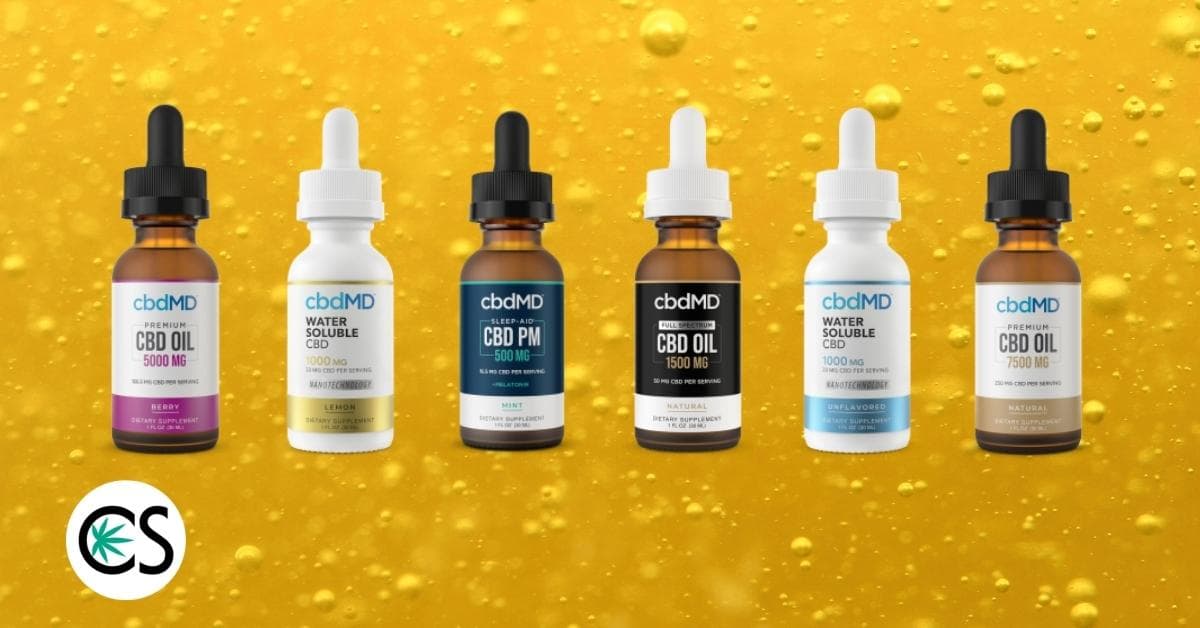
CBD Concentrates
CBD concentrates, like CBD oil tinctures, are consumed by placing drops under your tongue. However, CBD concentrates are usually much higher doses of CBD. The high concentration isn’t suitable for novices who should start with a small amount and observe how they react.
CBD Capsules
CBD capsules or pills, like other capsule varieties, can be consumed with water. This is a convenient method to take CBD since you have less control over the dose. Typically, CBD capsules include 10–25 milligrams of CBD.
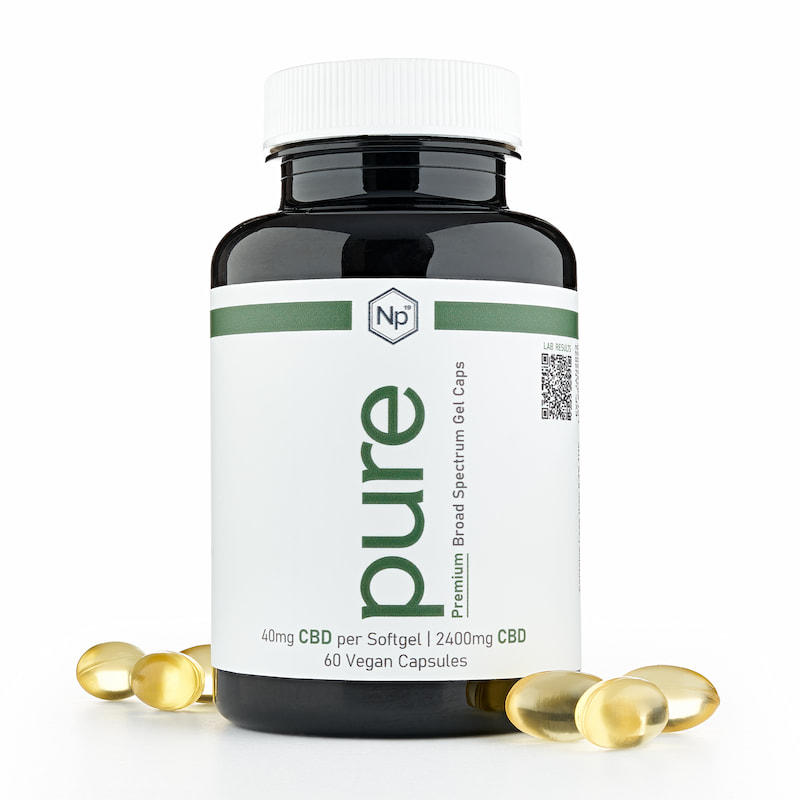
CBD Topical Solutions
Lotions, salves, and lip balms are some examples of a topical CBD product. They’re designed to improve skin, joint, and muscular health when applied topically and absorbed into the dermal layers. For localized CBD application via a patch, there are also CBD patches available. This means that the cannabinoids can be delivered straight to your circulation via the skin.
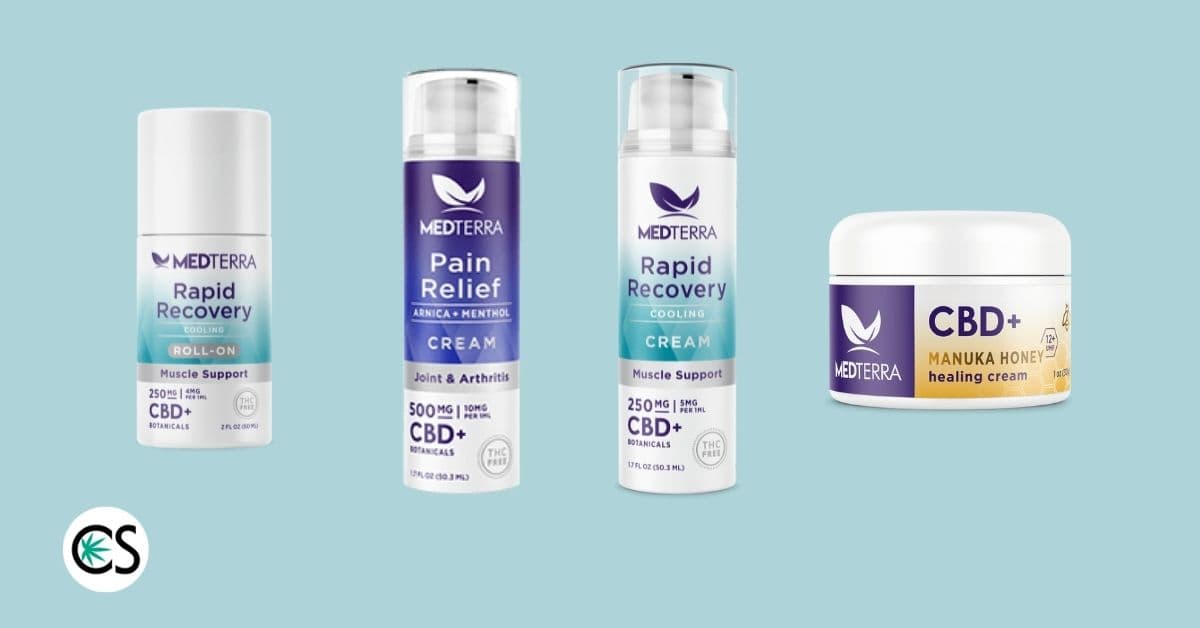
CBD Edibles
CBD edibles, including chocolates, coffees, baked goods, gummies, and sweets containing the compound, are becoming increasingly popular. Although this may be a pleasant method of consuming CBD oil, tracking how much CBD you ingest may be challenging, and the effects can vary.
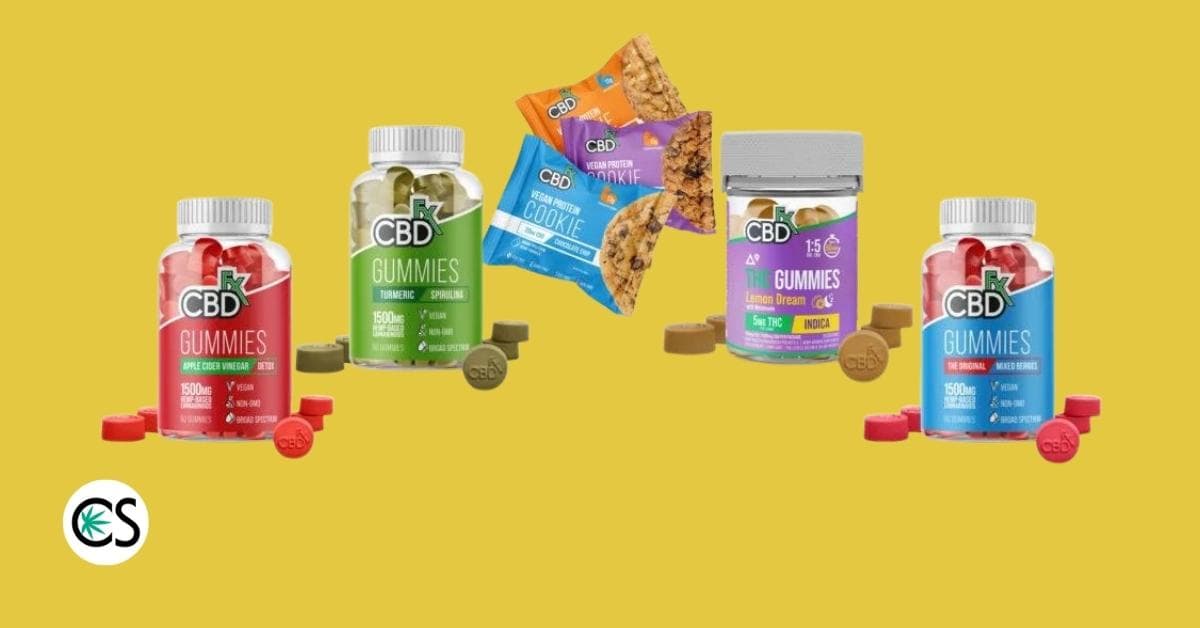
CBD Powders
Another method to take cannabidiol internally is through CBD powders. The powder may be mixed with water, juice, tea, or a smoothie. Fillers are sometimes used in lower-quality CBD powders to make them appear more attractive.
CBD Vape Oil
CBD Vape Oils are used to vape CBD. This necessitates the usage of an e-cigarette or vape pen, which has the potential to produce side effects when heated to high levels. CBD waxes are used for dabbing the cannabis compound, necessitating heating a tiny quantity of the wax and using a dabbing pen. It’s not suggested for novices since it generally has a higher concentration of CBD.
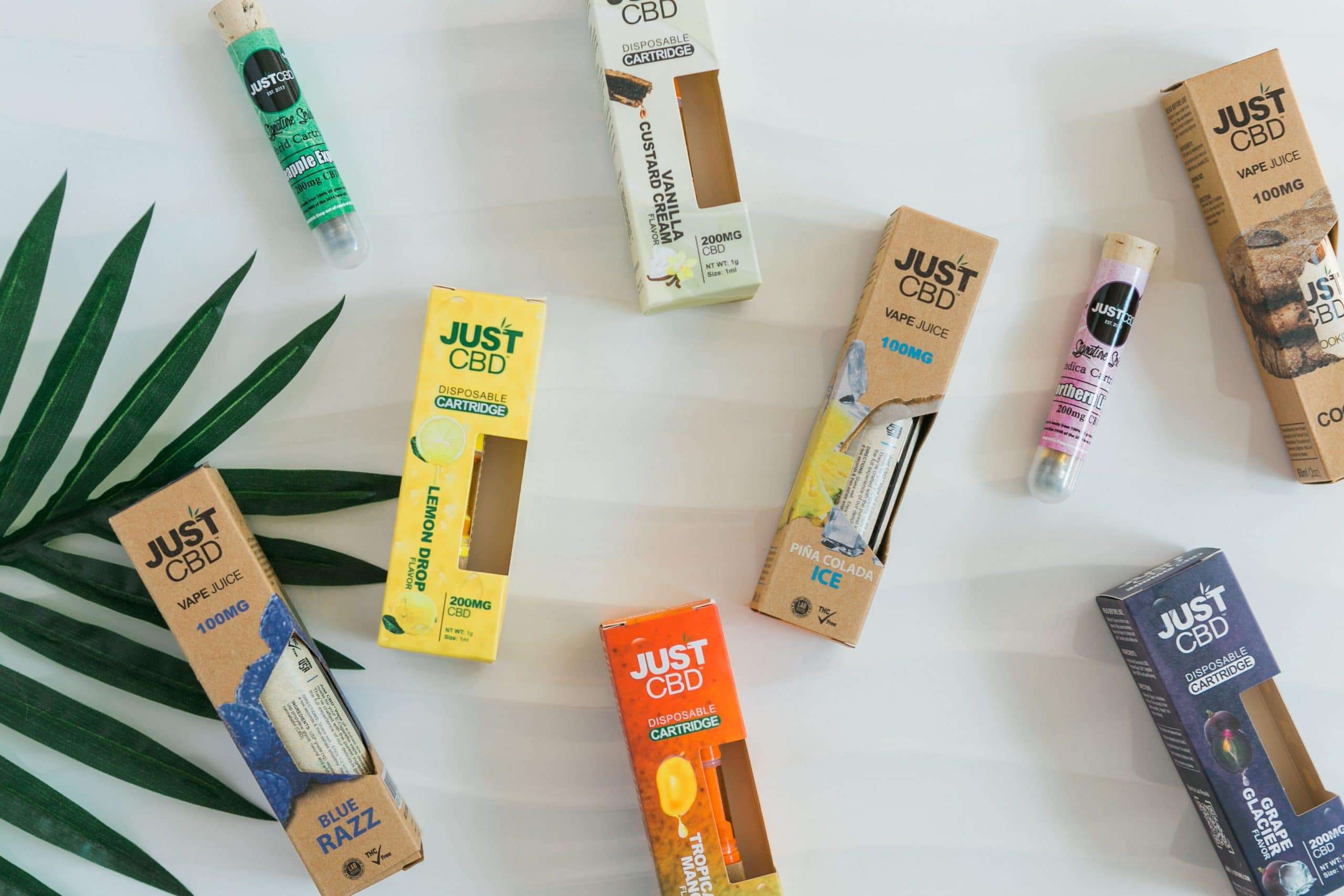
CBD Sprays
Another option for ingesting CBD is via sprays. Sprays have a lower concentration of CBD than other products. The precise dosage varies by product, but generally, you spray the solution 2–3 times into your mouth.
CBD Oil vs. Cannabis Oil
What about cannabis oil? Cannabis oil, unlike CBD oil and hemp oil, does contain THC and has intoxicating properties. Trichomes are crystals that grow on the Cannabis sativa plant due to breeding.
The resin glands that cover the leaves and buds of cannabis plants are known as trichomes. Trichomes are tiny, hair-like crystals that appear on cannabis leaves and buds. Cannabinoids occur in quantities ranging from hundreds to thousands depending on the strain and maturity level.
Cannabinoids, in particular CBD and THC, have been studied extensively for their part in the endocannabinoid system because they are two of the 100 or so cannabinoids that have been identified in cannabis.
Cannabis oil is a mixture of cannabinoids, including THC and CBD, in varying proportions. According to studies, cannabis oil has some advantages. However, because cannabis oil contains THC, additional potential adverse effects are linked with its usage.
CBD Oil vs. Hemp Oil
Hemp seed oil is sometimes used by CBD companies in the production of CBD products, which might cause you to wonder what the difference is. What exactly is the distinction between CBD oil and hemp seed oil? CBD is a chemical that is extracted from cannabis. Hemp and marijuana are both derived from the Cannabis sativa species, but the amount of THC in the plant distinguishes them.
Hemp seed oil is a type of vegetable oil extracted from the hemp seeds of the plant, and it contains virtually no THC, or any other cannabinoids for that matter. Marijuana, on the other hand, has THC levels that are greater than 0.3 percent (typically between 5 and 35 percent). You may use CBD oil without feeling “high” after because it does not affect the same receptors in the brain in the same way as marijuana-derived oil with high levels of THC.
As a side note, industrial hemp is also cultivated for industrial purposes because it may be used to create textiles, ropes, paper, carpets, plastic composites, and construction materials.
Although the hemp plant contains low levels of THC, extracts from the plant’s resin glands contain higher levels of CBD. The majority of CBD oil available today is manufactured in this manner and comes from “industrial hemp.”
Industrial hemp, unlike marijuana, is naturally low in THC and high in CBD. The THC content of CBD oil derived from the hemp plant is usually less than 0.3 percent. Hemp is easier to grow than marijuana because it requires less legal guidelines to follow; it’s also suitable for most climates.
The hemp oil found at your local store is extracted from hemp plant and may be used in a variety of recipes to add taste. Hemp seed oil is also well-liked since it provides omega-6 polyunsaturated fatty acids, terpenes, and proteins. CBD or THC is not present in plain old hemp seed oil.
Pros of Pure CBD
CBD research is still in its infancy. There’s a lot more to learn, but some study suggests CBD may be able to provide several advantages.
Anxiety Relief
CBD’s anti-anxiety properties have been documented in numerous studies. A 2019 research investigated whether CBD can improve sleep, reduce anxiety, or both.
As part of the study, CBD capsules were given to 72 adults who suffer from anxiety or sleeping difficulties. Around 79% of participants reported reduced anxiety within the first month, while nearly 67% said that their sleep had improved. The quality of their sleep, on the other hand, varied over time. Separate research released this year discovered that CBD reduced anxiety in a group of 37 young adults with social anxiety.
Cons of Pure CBD
Missing Entourage Effect
CBD has been used in isolation, but some studies suggest that it works well on its own. According to the entourage effect idea, CBD’s therapeutic effects are enhanced when combined with other cannabis components, such as terpenes, flavonoids, and lesser-known cannabinoids.
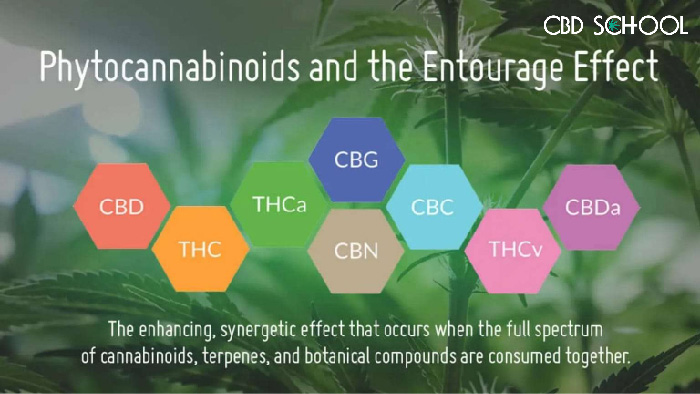
A 2015 study of mice suggested that while CBD isolate has some health advantages, it may be less significant than those of full-spectrum CBD products. The study’s findings suggested that isolate helps reduce swelling and pain at a specific dose, but full-spectrum CBD products have more powerful effects with greater dosages.
Side Effects and Health Precautions
Possible CBD Side Effects
When CBD oil is taken in the correct dosages, it appears to have few adverse side effects. The most prevalent CBD oil side effects are dizziness, drowsiness, diarrhea, nausea, vomiting, dry mouth, anxiety, and altered mood. Changes in appetite and weight are also possible side effects of using quality CBD oil.
Also, avoid combining CBD with a high-fat meal if you’re administering it orally. One research discovered that taking it with a high-fat meal can cause problems.
Potential Medication Interactions
There is a potential for CBD to interact with some medications. We also know that CBD has the potential to inhibit several cytochrome P450 isoenzymes. The CYP 450 enzyme system is responsible for transforming pharmaceuticals and removing poisons from the body. Because it affects CYP 450 isoenzymes, CBD may prevent our bodies from metabolizing standard medicines, keeping them in circulation longer.
Takeaway
The entourage effect, according to research, may enhance the effects of full-spectrum CBD oils and broad-spectrum CBD oils. However, more study is needed on all three CBD types’ health benefits and side effects.
If a person is allergic to THC, they may be especially interested in CBD isolate. However, even if labels claim their product is THC-free, unregulated CBD markets may result in traces of this substance remaining present.
CBD isolates and full-spectrum CBD products have their own set of benefits. Customers who want to buy CBD oil should always pay close attention to product labels before making a purchase and talk about CBD usage with their doctor or healthcare provider.

